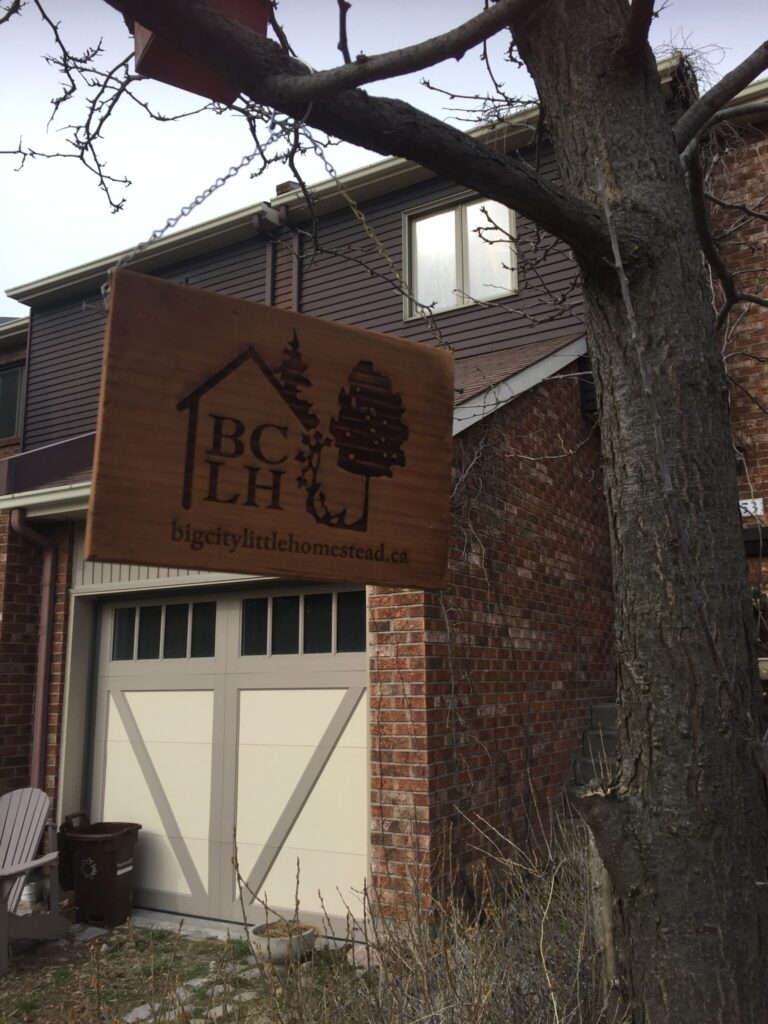Migration is pretty much over now, and all birds are where they want to be if they’re sitting on eggs in a nest, or raising a clutch of nestlings, or even (as is the case here) out showing their fledglings how to navigate the big world and find food. It might give us an opportunity to have a peep into their nest boxes and niches and see them raise their babies (mostly by web-cam — something we all love!), but it doesn’t mean the dangers they face are completely over. There are still things to watch out for in the city…
Tree Felling During Nesting Season
Every spring, members of my local birding club notice incidents of tree cutting and felling in and around Montreal during the period when birds are nesting. Even trained ornithologists have difficulty locating nests, so we’re concerned that these activities may harm or even be fatal. People need to proactively protect nesting birds, and not assume “oh it’s fine no one is nesting here.” How many times have we heard of Christmas trees arriving at their destinations with very frightened and hungry owls hidden in their branches?
Perhaps making matters worse is that, while tree felling is an activity a homeowner needs a permit for, the permit process might not take into account the season of the felling. Finally, the businesses that fell trees, like landscaping services, do not need to have a license from the Régie du Bâtiment du Québec. Theoretically, this is at least one reliable avenue for educating contractors.
What can you do if you witness tree felling during nesting season in your neighbourhood? One or all of the following:
Continue reading







